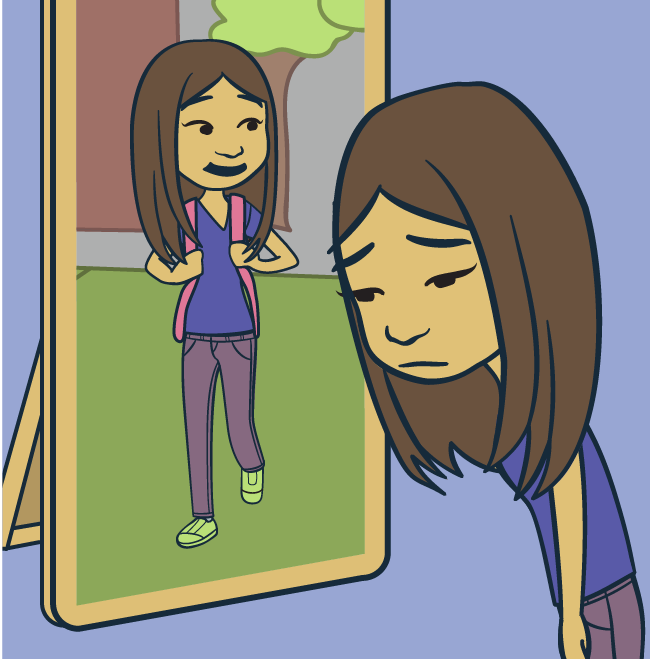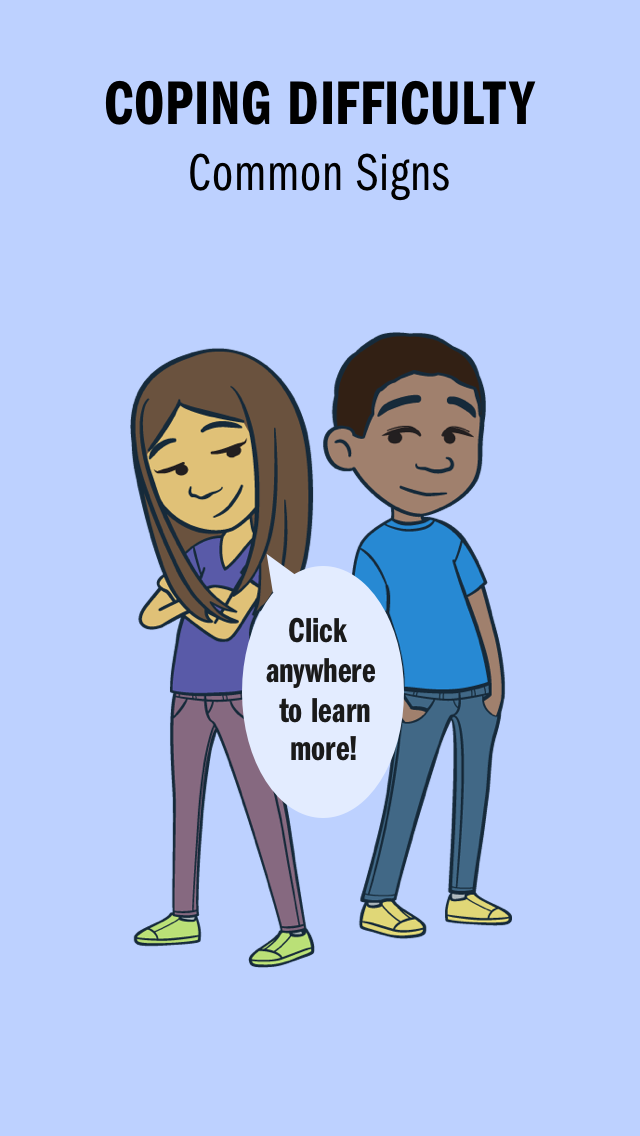 close
close
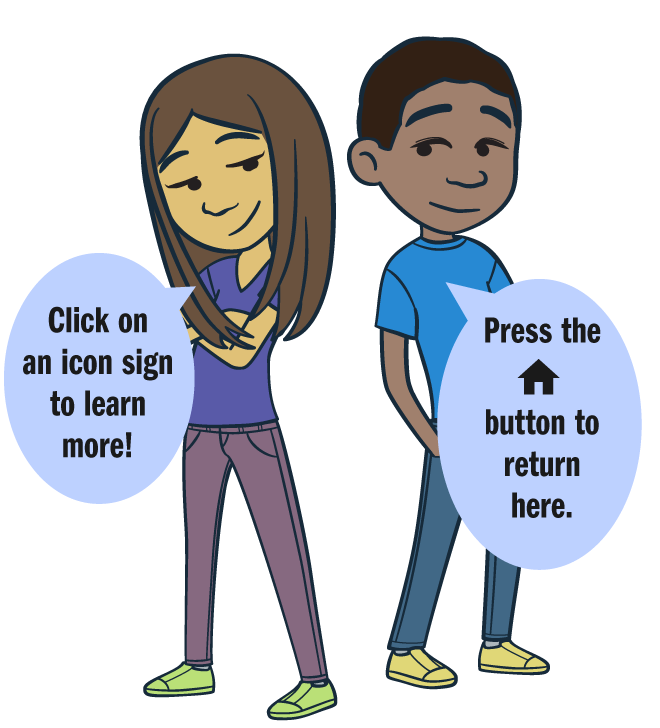
A chronic condition may require someone to drop or limit some favourite activities or develop new routines to manage their health. Understandably, this can sometimes lead to frustration, anger and resentment.
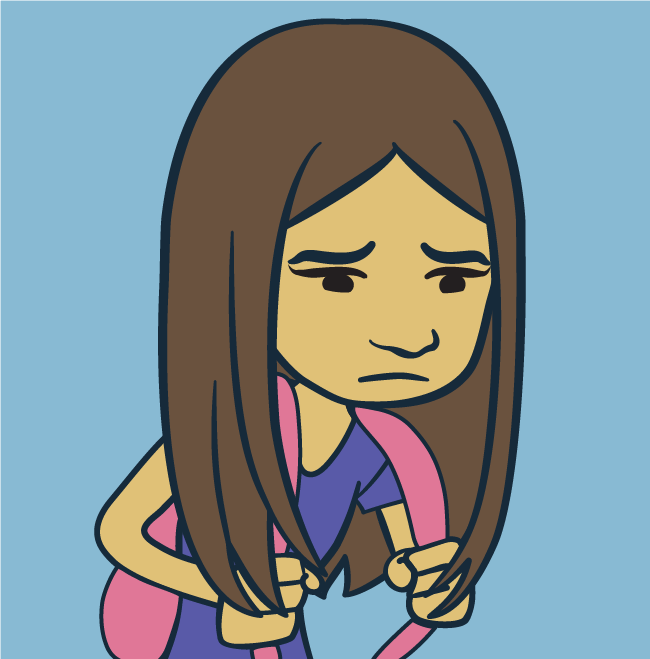
If someone isn’t coping well with a chronic condition, they may feel sensitive or self-conscious about their abilities or their routine, and may feel ‘different’ or separate from their friends.
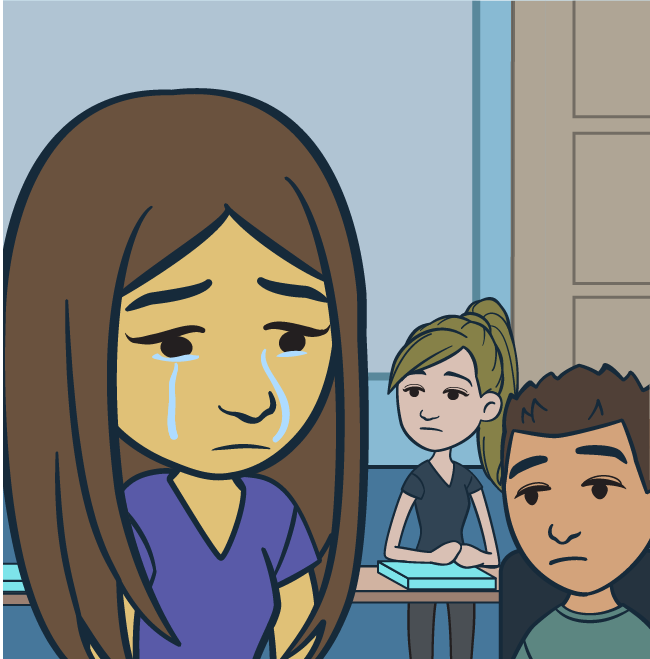
With a chronic condition, someone may worry about many different things: their symptoms and how to manage them, fitting in with their friends, achieving what they want in life or how their health might change.

When adjusting to a ‘new normal’, it’s natural to feel sad about losing an old routine or adjusting expectations. Ongoing sadness can sometimes become hopelessness and despair, both signs of depression.

Someone who feels sad or self-conscious about their chronic condition may avoid spending time with loved ones and friends. They may simply not be in the mood or fear that their condition would ‘get in the way’.

Some people may be in denial about their chronic condition and how it affects their life. They may miss medical appointments, skip medications, ignore symptoms or over-exert themselves to still feel ‘normal’.

The need to monitor and manage a chronic condition can push some people to go too far to keep themselves ‘well’. They may rest or stay home or in bed or avoid any behaviour that they feel could lead to symptoms.
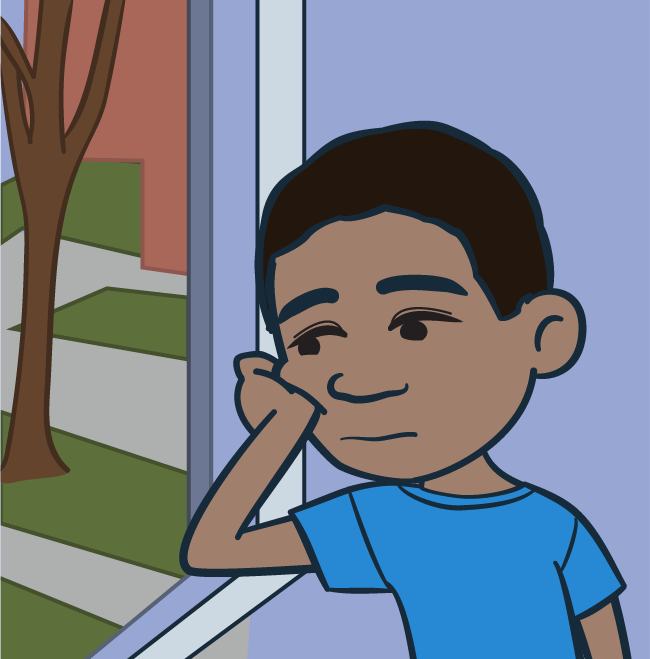
Someone dealing with a chronic condition may lose interest in hobbies and activities, suddenly change their sleep habits, start thinking differently about things or undergo other personality changes.
